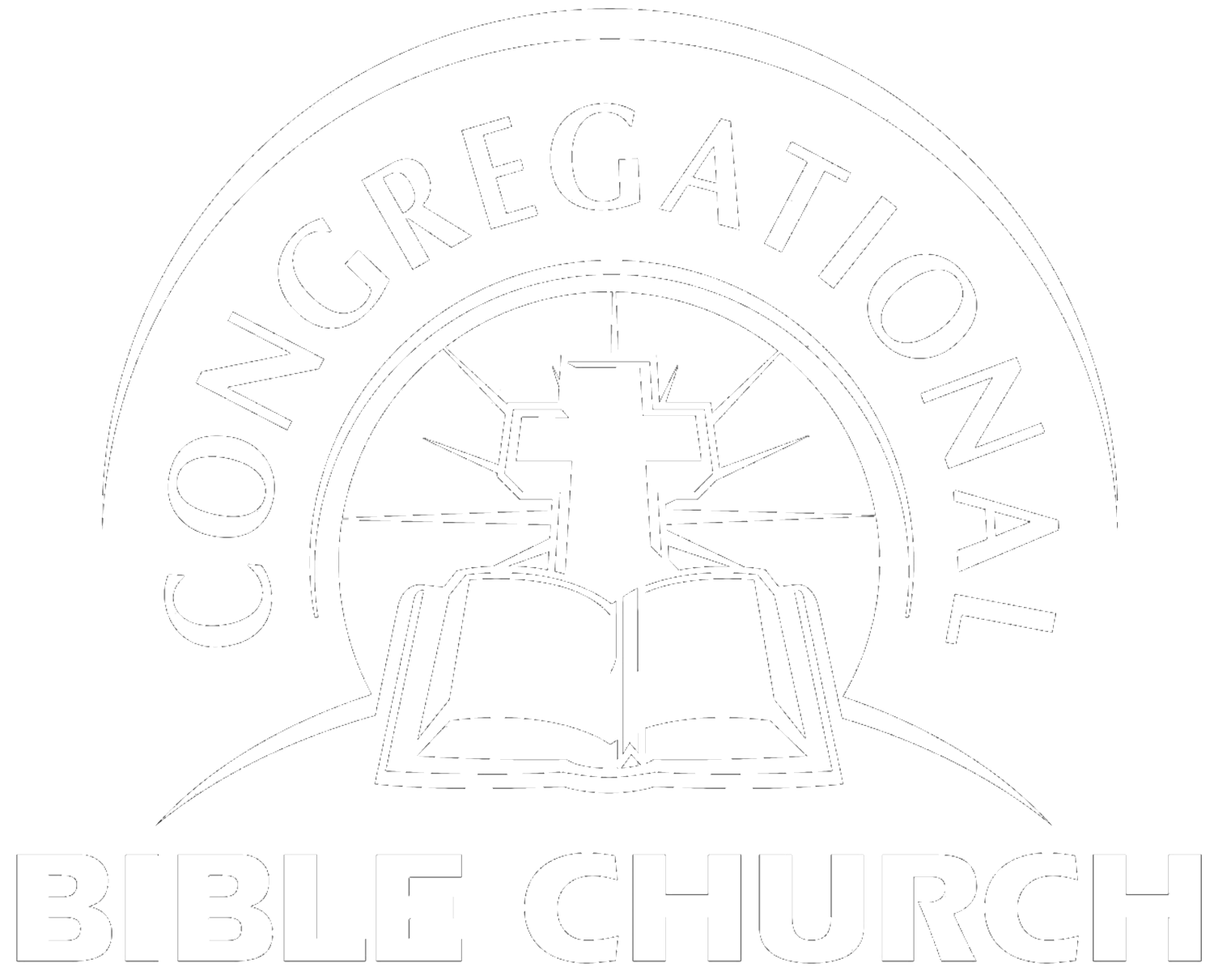This month is the third in our series on the Characteristics of a Healthy Church. Our topic for this month is: Sound Theology. It seems that the word ‘theology’ has a bad connotation nowadays in churches. When we hear the word ‘theology’ we think of brain teasers, difficult truths to explain, and divine conundrums. With that in mind, it is no wonder that people aren’t as excited about theology as they once were.
Theology is simply the ‘study of God.’ Of course, there is more to theology than studying God alone, but at the most basic level, theology is taking an interest in God and His dealings. What does it say about a church with no interest in God? How could we reconcile a distinct people of God with a lackluster interest in God? A healthy church holds onto sound theology and enjoys knowing God more.
I use the word ‘sound’ in Sound Theology to emphasize a thorough, solid, complete theology. This theology must proceed from out of the Scripture and not put into the Scripture. It is an error of some would-be theologians to endorse or agree with a specific theological framework, and then make the Scripture fit that framework everywhere. We must develop our theology from out of the Scripture and not read into the Scripture. In saying this, we could call our theology a ‘Biblical Theology’ and that is what it should be.
While almost everything done in church and Christianity has a theological understanding to it, I would like to focus on 4 Key Theological Truths that the church must embrace. These would be considered ‘the big picture’ in terms of theology.
The first is a high view of God. We need to think lofty and exalted thoughts about our God. He is enthroned above the cherubim (2 Kings 19:15), there is no one holy like the Lord (1 Samuel 2:2), and there is no one who compares to Him (Isaiah 46:5). Of course, all the same is true of the Lord Jesus Christ, who is God in the flesh. This profound truth has serious implications for personal holiness as well as church life. Personally, if I have a high view of God, I will take His commands very seriously, I will seek to obey Him in all things, I will fear Him above all others. With a low view of God as simply a friend or an angel, His commands become less critical. Corporately, if the people of the church have a high view of God, they will seek His glory in all things, they will want Him to receive honor and praise, and they will try to please Him. With a low view of God, church becomes about man. The entire service and the programs become more about making people happy than glorifying God.
The second key theological truth a church must embrace is a high view of Scripture. The Bible explains the nature of itself. Scripture is inspired by God (2 Timothy 3:16) and it is the Word of God and not men (1 Thessalonians 2:13). It also has the power to convert a soul (James 1:18), help a Christian grow spiritually (1 Peter 2:2), and can judge the thoughts and intentions of the heart (Hebrews 4:12). With a high view of Scripture, the church will seek to understand it’s meaning, labor to live it out, make it the sole authority in every area of life, and will cause it to be central in all church activities. Without a high view of Scripture, practicality reigns. Whatever is ‘working’ becomes the authority for the church to follow and this leads to all kinds of errors.
The third key theological truth is a correct definition of man. Humans are not simply a collection of matter and molecules. They are uniquely and individually created by God Himself, separate from the animals. This means man has value and purpose, not just existence. However, man has fallen into sin. His heart is deceitful (Jeremiah 17:9), he is dead in transgressions and sin (Ephesians 2:1), and all parts of his faculties are infected with sin (Romans 3:10-18). With this correct theological understanding of man, we see the real need that unsaved man has. He needs regeneration, salvation, and the restoration of his relationship with God. He does not need to increase his self-esteem or improve his life. For the Christian, this means a clear explanation for the struggles of our daily walk: sin. It’s not about our environment or how we were raised, but the sin that still exists within us. Real change for the Christian comes from the inside out and not just behavior modification.
The fourth key theological truth is a correct understanding of the church. The church is called the pillar and support of the truth (1 Timothy 3:15) and the church is called the Body of Christ by which individuals are members of that body (1 Corinthians 12:27). This means the church is so much more than simply a social club we join, it is more than doing religious activities, and its true membership is not found in all who want to sit in the pews. The church is a distinctly spiritual organism, it is the protector and distributor of truth, and it is truly made up of only those regenerated by God’s grace.
While there are others I would like to include on this list, these four provide the key foundations for what a church could call Sound Theology.
-Pastor Mark Scialabba


